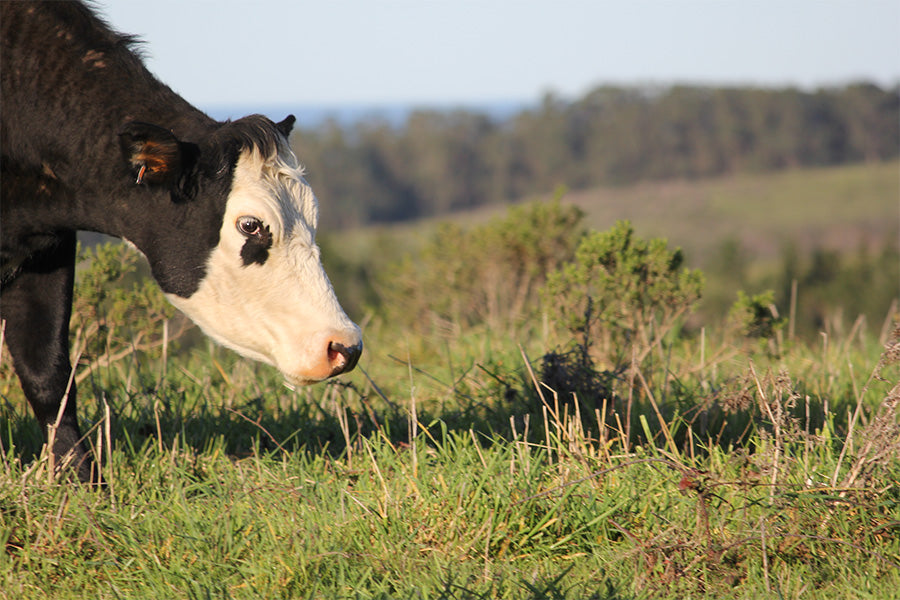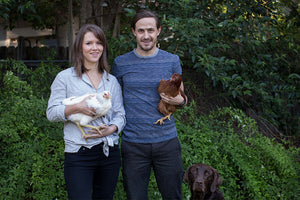Meat is bad. Meat is too water-intensive. Meat production is inhumane and unsustainable.
We’ve heard these generalizations (and others like them) all too many times. Over the past several years, the ‘expert’ opinions, studies, and outcry condemning the consumption of meat have piled up. They’re partially right. Industrialized, mechanized meat production is inhumane, wasteful, and diminishes our natural resources. It’s not just harmful to our societies and our animals: it’s dangerous for our planet. But not all meat is created equal — and we’re proving that with every EPIC product we sell.
Since 2013, we’ve immersed ourselves in an agricultural movement that’s showing meat production can be attractive and moral. It’s known around our offices as the food revolution. This grassroots effort is based on two principles: responsibly raising animals and managing land holistically. The key here is we’re acknowledging every component of the food production process — from the animals to the pastures to the ranchers — are living, breathing things, rather than part of an assembly line. It’s simple, but crucial distinction that has gotten lost in the mix over the past several decades. In taking an intentional, compassionate approach to making food we’re proud to share with others, we’re incrementally proving there’s two sides to every story. Meat can be good. Meat can be humane, sustainable, and even regenerative. And it can be the food of the future.
But it all begins with the consumer. That’s why we’ve made it a point to reinsert our fans and customers into the food production process: to prove that people want to connect with their food and the people who produce it. So when we set out to create quality products from humanely-raised animals that are healthier, better for us, and better for the earth, we made sure our consumers could discern honest meat from the rest. Thus, the term ‘conscious carnivore’ was born.

As our business has grown, our message and consumers’ voices have amplified. With every dollar they spend on EPIC, they’re casting a vote for responsible practices that take a long-term, holistic approach not just to food but to how we impact the world around us. And as this movement has gained traction, it’s become easier and easier for us to prove why being an ethical, transparent business directly correlates to being a successful business. We’re proving that, when given a choice, a rapidly-increasing percentage of the population is choosing businesses like EPIC. Because simply put, people want to be a part of something bigger than themselves.
We’re not naive, though. Brands that go above and beyond are still a rarity and control a small part of the overall market. This is especially true in the meat industry. But we couldn’t be more excited, encouraged, and motivated by what we’ve seen so far. In just a few short years, EPIC went from a side hustle operation for two kids in their mid-20’s to a nationally-acclaimed company in the natural foods space — and we’re just getting started. As we continue to grow in reach, volume, and variety, we’re going to exponentially increase our influence and ability to connect people with their food on a deeper plane.



